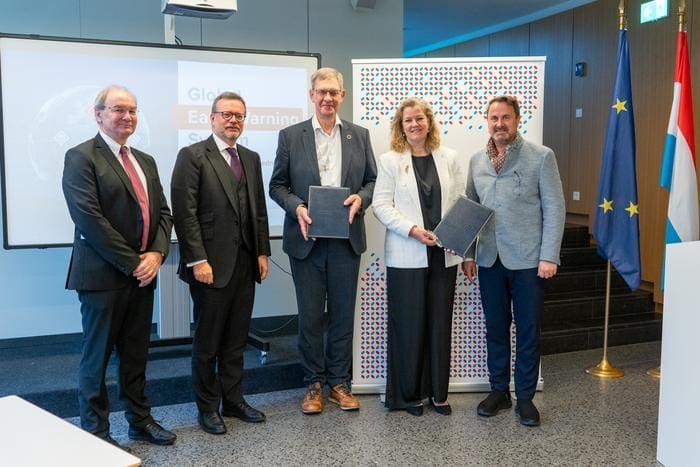The warning system would help humanitarian actors to better anticipate critical situations, deliver timely alerts and respond accordingly.
The UN Refugee Agency (UNHCR), in coordination with the Luxembourg Institute of Science and Technology (LIST), launched today an initiative to develop an advanced global early warning and response system to help humanitarian actors prepare and plan for emergencies.

“As the world faces an increasing number of complex humanitarian emergencies – driven by conflict, violence, natural hazards, climate change, and other forces – the need for robust early warning systems to prepare and plan for rapid, effective humanitarian responses has never been more critical,” said Kelly T. Clements, UN Deputy High Commissioner for Refugees.
The new system, which uses the latest AI technology combined with Earth observation data, will help humanitarian actors, local authorities, and local communities to reinforce their preparedness and response by detecting and evaluating risks of events that might trigger forced displacement, and delivering timely alerts ahead of an emergency.
“LIST is pleased to enter this strategic collaboration with the UN Refugee Agency to develop an early warning system for emergency management. Our expertise in natural disaster management and our research outputs estimating the impact of climatic variables on human mobility and infrastructures will help provide timely and actionable insights to better anticipate and respond to critical situations,” declared Lucien Hoffmann, Science Director at LIST.
The innovative project is funded with the generous support of Luxembourg’s Ministry of Foreign and European Affairs. It will benefit displaced people directly by helping responders to anticipate humanitarian needs, optimize supply procurement and resource mobilization, minimize response times and avoid the duplication of humanitarian efforts.
The project launched today comprises an initial 15-month rollout of the system in select pilot countries, including early warning and displacement forecasting as well as emergency preparedness. The second phase will incorporate lessons learned during the rollout phase to build a global system.
The initiative is in line with the UN Secretary-General’s prevention agenda, as well as the Early Warnings for All initiative, which aims to ensure everyone on Earth is protected from hazardous weather, water, or climate events through life-saving early warning systems by the end of 2027.
Article Source:
Press Release/Material by Luxembourg Institute of Science and Technology
Featured image credit: Hakan Kayahan | Pexels




